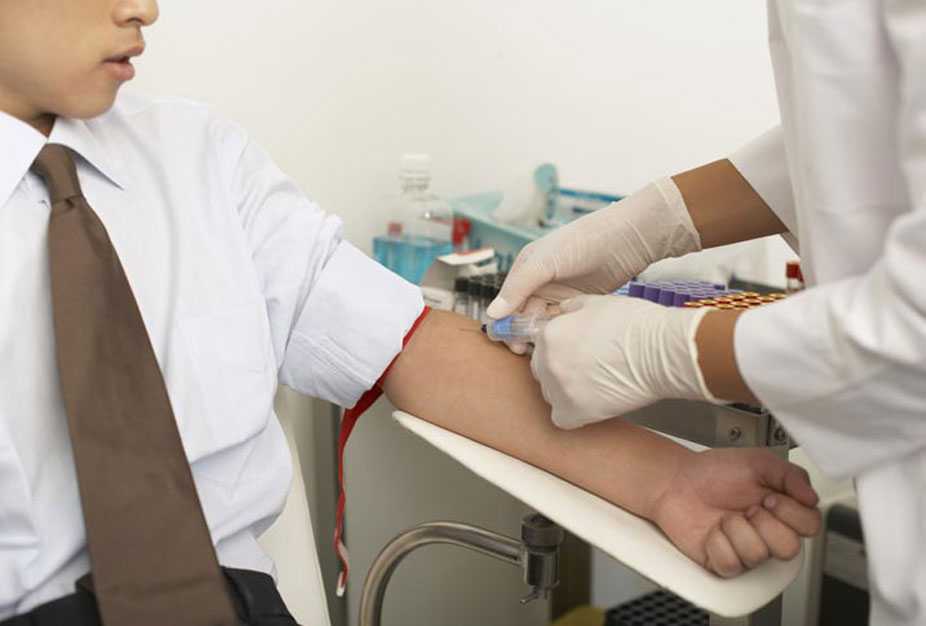HIV/AIDS

HIV stands for Human Immunodeficiency Virus. It is the virus that can lead to acquired immunodeficiency syndrome, or AIDS. Unlike some other viruses, the human body cannot get rid of HIV. That means that once you have HIV, you have it for life. CDC recommends that everyone between the ages of 13 and 64 get tested for HIV at least once as part of routine health care. People with more than one sex partner, people with sexually transmitted diseases (STDs), and people who inject drugs are likely to be at high risk and should get tested at least once a year. Sexually active gay and bisexual men may benefit from even more frequent testing, depending on their risk. CDC also recommends that pregnant women get tested early in their pregnancy so they can take steps to prevent passing HIV to their babies.
Quiz
Key Facts
- An estimated 1.2 million people are now living with HIV. Yet, nearly one in eight of these individuals does not know that they are infected.
- Finding out early can help you live a longer, healthier life. There are treatments now available to keep you healthy.
- Studies show that when people know they have HIV, they are more likely to take steps to protect their health and partner.
Media
Prevention Tips
- Get tested once a year, or more often if you have more than one sex partner, inject drugs, or are a man who has sex with other men. Your HIV test result ‘expires’ every time you have risky sex or share needles.
- Use condoms consistently and correctly.
- Get tested and treated for other STDs and encourage your partners to do the same. Having an STD can increase the chances of getting HIV or transmitting it to others.
- Talk to your doctor about pre-exposure prophylaxis (PrEP), taking HIV medicine daily to prevent HIV infection if you are at substantial ongoing risk for HIV or about PEP if you have had a possible exposure to HIV.
- If you have HIV get and stay on treatment to live a longer, healthier life and to keep from transmitting the virus to others.
- If your partner has HIV, encourage him or her to get and stay on treatment to live a longer, healthier life and to keep from transmitting the virus to you and others.
- Page last reviewed: March 3, 2016
- Page last updated: March 3, 2016
- Content source:


 ShareCompartir
ShareCompartir




